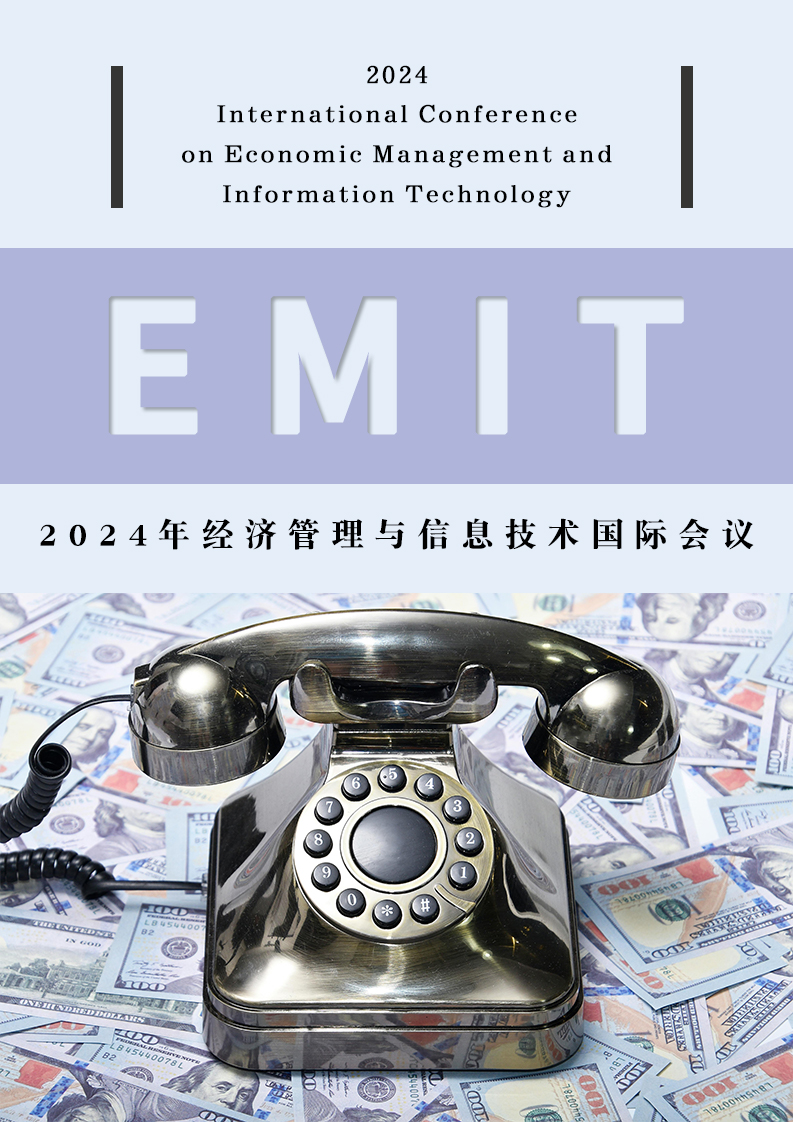The Impact of Low-Carbon Pilot City Policy on Corporate Asset Efficiency: Evidence from China's A-Share Listed Companies

Authors:
Chenhong Zheng, Fangshun Xiao, Shiyuan Lin, Mengqian Zhang, Jiawei Lin, Mengzhe Liu
Keywords:
Low-carbon city pilot policy; Corporate asset efficiency; Random forest model; Difference-in-differences approach; Heterogeneous effects
Doi:
10.70114/aimedr.2024.1.1.P25
Abstract
This study employs machine learning and the difference-in-differences (DID) approach to analyze the impact of China's "Low-Carbon City" pilot policy on the asset efficiency of A-share listed companies. The findings indicate that the policy has generally suppressed corporate asset efficiency, particularly in state-owned enterprises and large-scale companies. The study also reveals that the policy's impact is not significant in enterprises located in the eastern regions. Further robustness checks are conducted through predictive analysis using the random forest model, confirming the stability of the results. This research provides a basis for optimizing low-carbon policies and is of significant importance for promoting corporate low-carbon transformation and sustainable economic development.


